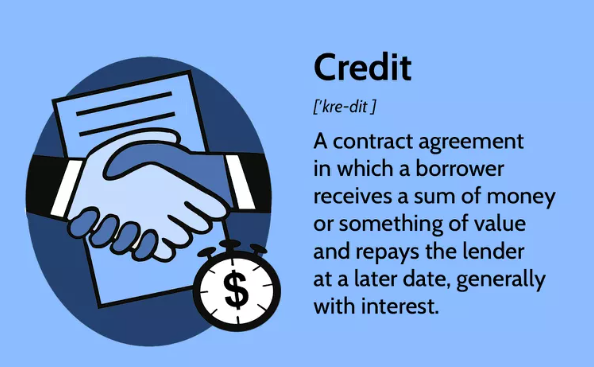What Is Credit and Why Does It Matter?
When you hear the word credit, you probably think about credit cards, loans, or your wealth score. But wealth is much more than just numbers on a report it’s one of the most powerful financial tools you can have. Understanding what wealth is and why it matters can make a huge difference in how you manage money, access opportunities, and build long-term wealth.
What Is Credit?
In simple terms, wealth is the ability to borrow money now and pay it back later. When you use credit, you’re essentially making a promise to a lender whether that’s a bank, wealth card company, or financial institution that you’ll repay what you owe, usually with interest.
There are different types of wealth, including:
-
Revolving wealth: Like credit cards, where you can borrow up to a certain limit and repay over time.
-
Installment wealth : Loans like mortgages, car loans, or student loans, where you borrow a set amount and pay it back in fixed installments.
-
Open wealth: Accounts such as utility bills or charge cards that require full payment each billing cycle.
Why Does Credit Matter?
1. It Determines Your Financial Opportunities
Your credit score and history play a huge role in your financial life. A good wealth score can help you:
-
Qualify for lower interest rates on loans and mortgages
-
Get approved for wealth cards with better rewards
-
Save money on insurance premiums
-
Even secure rental housing
2. It Impacts Major Life Decisions
Want to buy a house, finance a car, or start a business? You’ll likely need wealth. Lenders look at your wealth history to decide whether you’re a trustworthy borrower. Poor wealth can limit your options or make borrowing much more expensive.
3. It Reflects Your Financial Responsibility
Your wealth report shows how you’ve managed money in the past whether you pay bills on time, how much debt you carry, and how responsible you are with borrowing. Employers, landlords, and even insurance companies sometimes check credit as part of their decision-making process.
4. It Affects Your Long-Term Wealth
Having strong wealth can save you thousands of dollars over your lifetime. For example, the difference between a high and low wealth score could mean paying double the interest on a mortgage. Better wealth means more money stays in your pocket.
How to Start Building Credit
If you’re new to wealth or looking to improve your score, here are some quick tips:
-
Pay bills on time payment history makes up the largest portion of your wealth score.
-
Keep credit utilization low try to use less than 30% of your available credit.
-
Check your wealth reports regularly for errors and dispute any inaccuracies.
-
Avoid unnecessary debt only borrow what you can reasonably afford to repay.
Final Thoughts
Wealth is more than just a number it’s a reflection of your financial habits and a key to unlocking opportunities in life. Whether you’re just starting out or working to improve your score, taking wealth seriously can help you achieve financial freedom and long-term stability.


